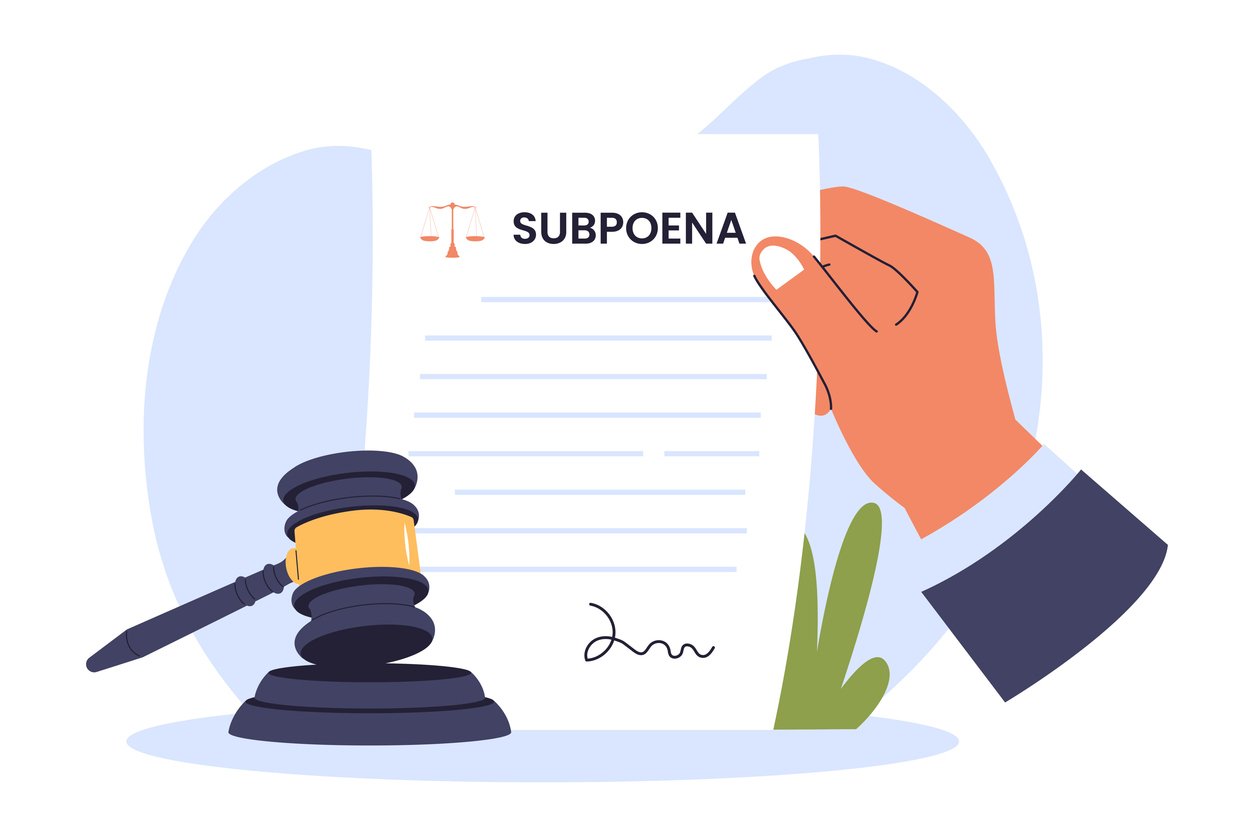Last updated on November 11th, 2025 at 12:14 pm

What is Summary Judgment?
Summary judgment is a legal procedure where the court decides a case or a specific part of a case without going to a full trial. It occurs when there is no dispute over the material facts of the case, and one party is entitled to judgment as a matter of law.
Purpose of Summary Judgment
The primary purpose of summary judgment is to streamline the legal process by eliminating the need for a trial when there is no genuine issue of material fact. It helps in saving time, reducing legal costs, and alleviating the court’s workload.
The Process of Filing for Summary Judgment in California
Filing for summary judgment in California involves several steps, each requiring meticulous preparation and adherence to specific legal standards.
Motion for Summary Judgment
A party seeking summary judgment must file a motion, supported by evidence, demonstrating that there are no material facts in dispute and that they are entitled to judgment as a matter of law. This motion must include affidavits, declarations, depositions, and other documentary evidence.
Opposing a Motion for Summary Judgment
The opposing party has the opportunity to respond to the motion by presenting evidence that shows a genuine dispute of material fact. This is crucial for ensuring that the case proceeds to trial if there are factual issues that need to be resolved.
Court’s Decision
The court reviews the motion and opposition, considering all the evidence presented. If the court finds no genuine issue of material fact, it may grant summary judgment in favor of the moving party. If there are disputed facts, the case proceeds to trial.
Key Considerations for Summary Judgment
Several factors can influence the court’s decision in a summary judgment motion. Understanding these can help in effectively preparing for or opposing such a motion.
Burden of Proof
The party filing for summary judgment carries the burden of proving that there are no material facts in dispute. This requires a thorough presentation of evidence and a compelling argument that supports their position.
Legal Standards
California law sets specific standards for granting summary judgment. The moving party must demonstrate that the evidence is so one-sided that they must prevail as a matter of law. The court must view the evidence in the light most favorable to the non-moving party.
Summary judgment is a critical aspect of the legal process in California, offering a means to resolve cases efficiently when there are no disputed material facts. If you are involved in a legal case and need expert guidance on summary judgment or any other legal matter, don’t hesitate to contact Law Advocate Group, LLP. Our experienced attorneys are here to provide you with the support and representation you need.



